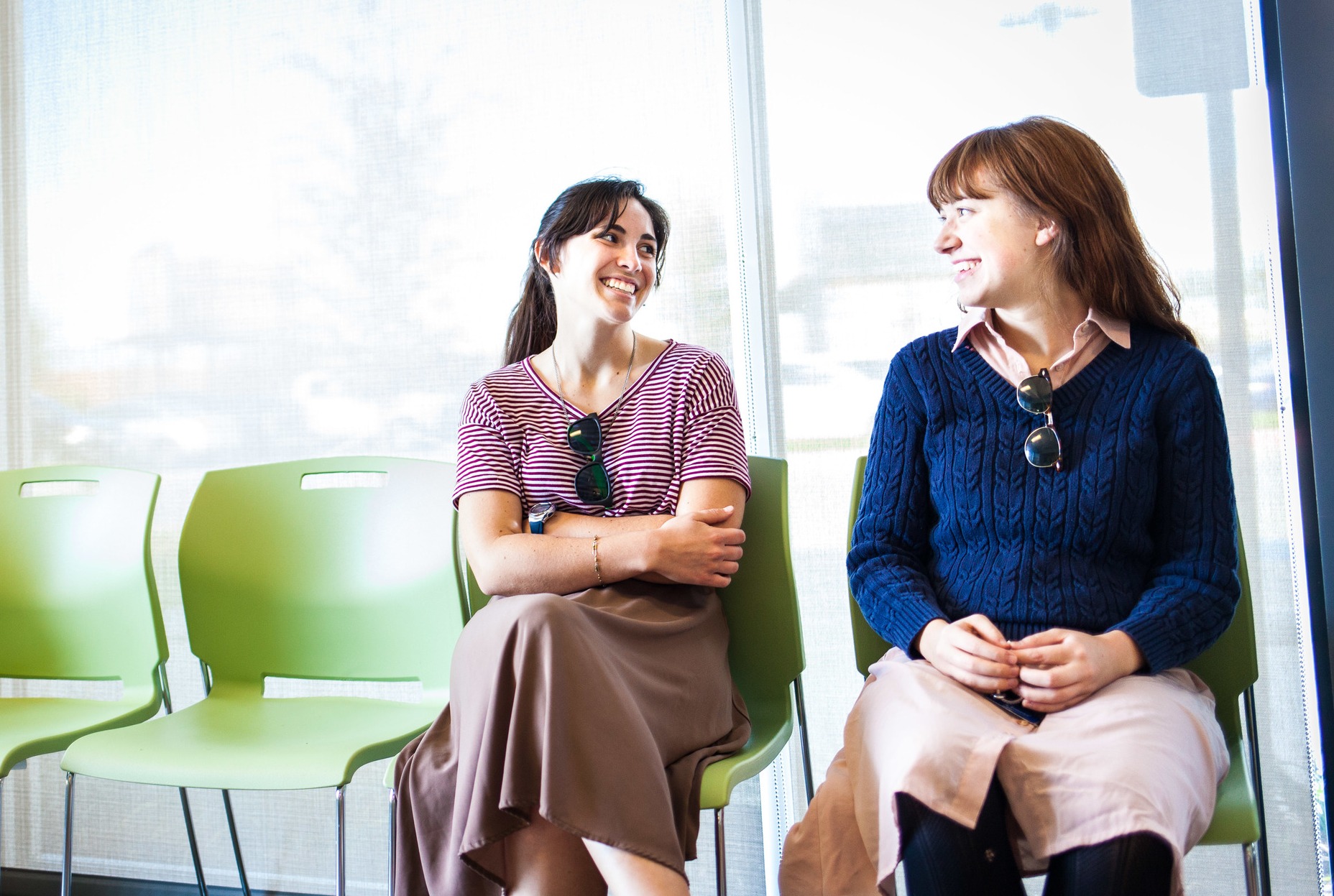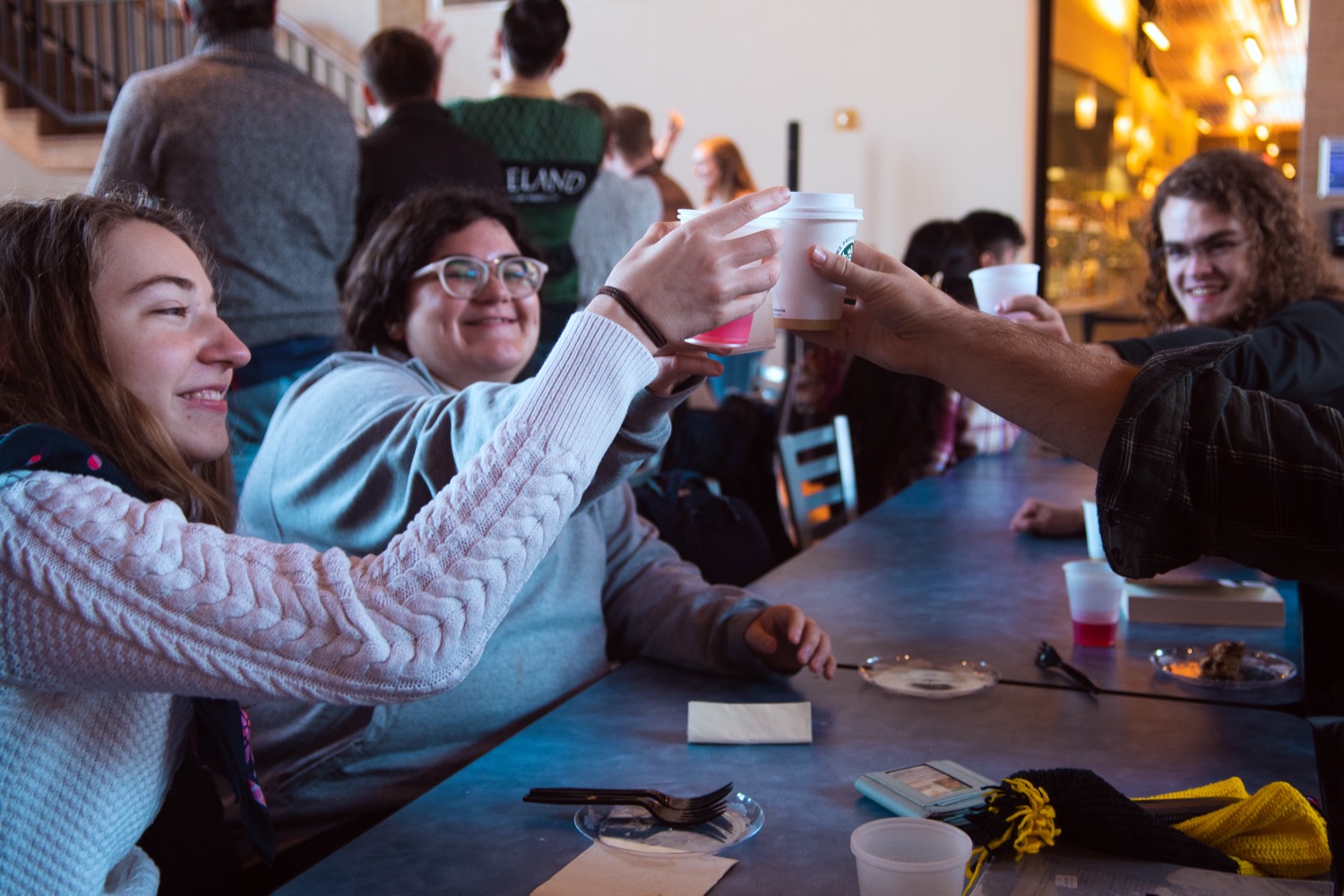There are many reasons why the poor state of civil discourse in our country should concern us, but none seems to me greater than the threat it suggests to our very humanity. Speaking, reasoning and living in community with others are fundamental features of what it means to be human.
Are we speaking persuasively? Are we reasoning soundly? Are we living together virtuously? There is more to thinking clearly and living virtuously than exercising civil discourse, but civil discourse is necessary to each of these activities. Its absence is a sure sign that we are not flourishing.
Universities have a vital role to play in cultivating and promoting civil discourse, and when universities fail to live up to that calling, it can be more disturbing than what we see happening in Washington, D.C., and elsewhere. This is because the life of the mind feeds on inquiry, argumentation and patience with others, and these are each hallmarks of civil discourse. Outside of the family, there is no better training ground for civil discourse than a truly excellent liberal arts university. If it is Catholic, so much the better, for claims for respect for persons can be grounded in their deepest terms, and a capacious appreciation for a wide variety of inquiry is possible because of the institution’s sense of security about the most important matters of faith. It is only an ideologue, always restless about his claims to certainty, who refuses to hear opposing arguments.
Thinking is dialectical. We learn to think by learning how to pit ideas against each other to see what remains. St. Thomas Aquinas is the master of this dialectical art, carefully assembling and arguing in favor of those objections to his claims before responding to them, only having arrived at what he holds after sincerely considering arguments to the contrary.
The excellent Catholic liberal arts university puts before its students things worth arguing about. What is a hero? Can a hero have moral flaws? What is justice? What does justice have to do with happiness? Why did God make Adam, knowing he would fall? Are numbers beings? What is nature? What are you seeing when you study the stars? These are just a few of the questions put to our students by the works they study and the excellent faculty who lead them.
Excellent guides such as we have at the University of Dallas demand of and cultivate in their students civil discourse, not principally because they are hoping we might all get along, but because they recognize that such discourse entails the dialectical structure of thought necessary to determine the truth as well as the patience required to find it in concert with others. Civil discourse is necessary for the beings we are, and helps to identify, test and yield to the principal good of university education — the truth. And, in finding the truth in concert with others, we flourish.



